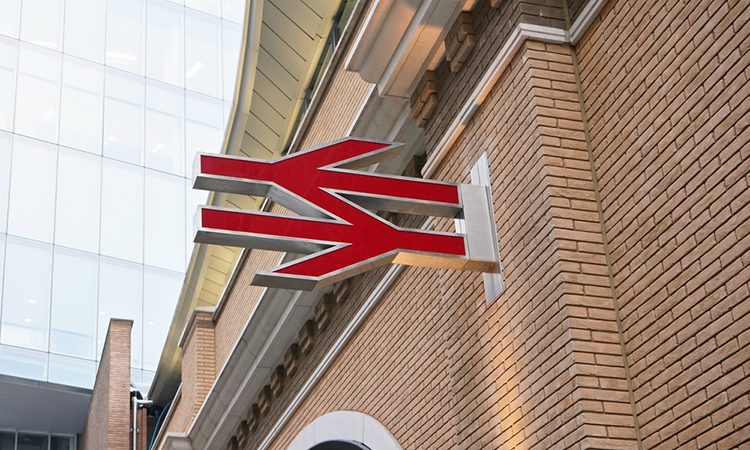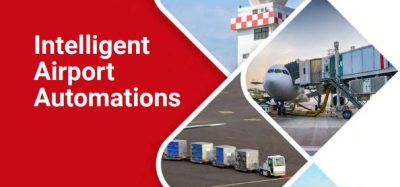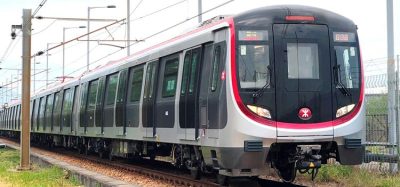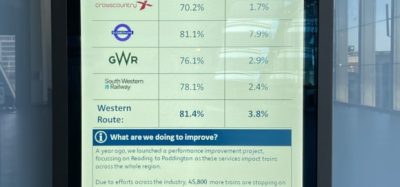Major rail reforms announced in 2024 King’s Speech
Posted: 18 July 2024 | Global Railway Review | No comments yet
The 2024 King’s Speech outlines significant legislative changes aimed at transforming the UK’s rail services through public ownership, infrastructure development and operational efficiency.


The 2024 King’s Speech, delivered on 17 July 2024, opened the first session of the new parliament following the general election. With a record 40 bills included, several are set to impact railway services in the UK.
Passenger Railway Services (Public Ownership) Bill: This bill aims to amend rail legislation to make public sector operation the default for passenger railway services. It represents a shift towards increased public ownership and control of the rail network.
Railways Bill: The Railways Bill will reform the rail industry by establishing Great British Railways (GBR) and allowing rail contracts to be taken into public ownership at the end of their terms or if providers fail to meet performance standards. This seeks to streamline rail operations and ensure reliable service delivery.
High Speed Rail (Crewe to Manchester) Bill: A hybrid bill that expands powers for constructing rail infrastructure between Crewe and Manchester, crucial for advancing the high-speed rail network and enhancing regional connectivity.
Better Buses Bill: While focused on bus services, this bill includes provisions for promoting integrated public transport systems, indirectly benefiting rail services by improving coordination and efficiency.
Anticipated effects on rail services:
- Public ownership and management: This shift aims to enhance accountability and performance in the rail sector, potentially leading to more consistent service quality and lower fares
- Infrastructure development: The High-Speed Rail (Crewe to Manchester) Bill promises significant investment in rail infrastructure, improving long-distance travel and reducing congestion
- Operational Reforms: Establishing Great British Railways is expected to streamline management and address fragmented services, creating a more cohesive and efficient rail network
- Integrated Public Transport: The Better Buses Bill’s emphasis on local control and integration with other transport modes could lead to more seamless travel experiences for passengers, with improved coordination between bus and rail services
Industry response
Railway Industry Association
Railway Industry Association (RIA) Chief Executive Darren Caplan said: “RIA and our members support the government’s pledge to establish a reformed and unified railway system under Great British Railways focused on improving affordability, reliability and performance. A new body with strategic oversight and responsibility for rail can focus on meeting growing passenger demand and boosting industry revenues.
“Rail suppliers will also be positive about the previously announced plans to set out a strong and visible pipeline of rail work for the sector and to develop a long-term industrial strategy for rolling stock. Accelerating new train orders and low carbon network upgrades can fast-track growth by boosting jobs and skills across the UK and we would encourage the new Government to prioritise such investment.”
Virgin Trains Ticketing
Mark Plowright, Director at Virgin Trains Ticketing, said: “Fares reform is finally out of the sidings, which will come as great news to the 77% of passengers who think train fares are too complicated. Digital pay-as-you-go and digital season tickets are exactly what customers are calling for, but as GBR becomes established, we must not forget the important role that the private sector has played in bringing many of these digital ticketing capabilities to fruition. Having a vibrant market of independent and competing retailers that all have access to the same simplified fares is what’s needed to drive value for passengers and attract new customers to the railways.”
Browne Jacobson
Bradley Martin, Partner specialising in public procurement law at UK and Ireland law firm Browne Jacobson, said: “Britain’s rail operation is hugely complex, with Network Rail overseeing infrastructure and a number of train operating companies running services in different regions of the country.
“The government will take on responsibility for various contractual obligations with third parties, ranging from train manufacturers to caterers, while it will also have to ensure tens of thousands of people are successfully transferred from train operators to Great British Railways. This will present a host of complexities with pensions, salaries, benefits and working arrangements that will have fluctuated between different employers, but must now be standardised.
“One of the biggest challenges Great British Railways may then face is in driving cultural change once those train operating companies are effectively insourced back into the public sector, with the same people working under a new, joint organisational banner.”
Related topics
High-Speed Rail, Passenger Experience/Satisfaction, Regulation & Legislation








